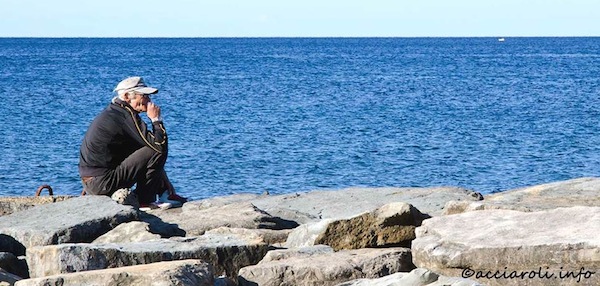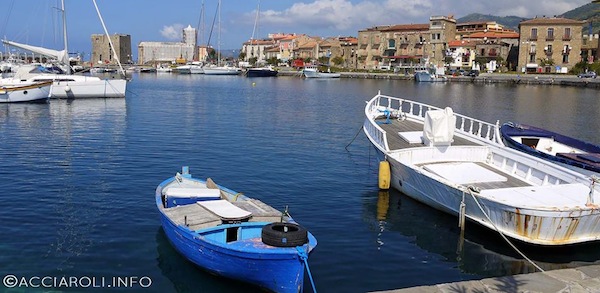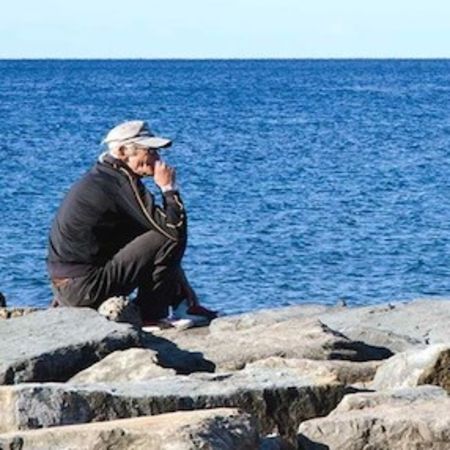300 People Have Low Rates of Heart Disease and Alzheimer’s
Researchers in the United States and Italy have teamed up to study the lifestyle and daily diet of a group of 300 centenarians (all over 100 years old), living in the remote Italian village of Acciaroli on the country’s south western coast.
The average life expectancy in the U.S. is about 78 years old. Americans live longer, with better diets and improved health care, than ever before, but only 0.02 percent will hit the century mark. On the other hand, in 2012, the United Nations estimated that there were 316,600 living centenarians worldwide.
To understand how people can live longer throughout the world, researchers at University of California, San Diego School of Medicine have teamed up with colleagues at University of Rome La Sapienza to study the 300 elderly citizens who comprise just under half the population of this hamlet of 645 Acciarolesi near Salerno.
“We are the first group of researchers to be given permission to study this population in Acciaroli, Italy,” said Alan Maisel, MD, lead UC San Diego School of Medicine investigator and professor of medicine in the Division of Cardiovascular Medicine.

The Acciaroli study group is known to have very low rates of heart disease and Alzheimer’s. It favours a Mediterranean diet markedly infused with the herb rosemary. Due to the location of the village, Prof. Maisel said locals also walk long distances and hike through the mountains as part of their daily activity.
The village is a part of “Cilento and Vallo di Diano National Park”, a natural environment composed of “Maquis” brushlands, typical of Mediterranean countries.
It is popular for tourism especially in summer, principally because it has gained a national fame due to the quality of its beach and water, which have won it the “Blue Flag” and the “5 sails” awards of Legambiente (an Italian environmentalist association).

“The goal of this long-term study is to find out why this group of 300 is living so long by conducting a full genetic analysis and examining lifestyle behaviours, like diet and exercise,” said Maisel. “The results from studying the longevity of this group could be applied to our practice at UC San Diego and to patients all over the world.”
Maisel and his research team will work with their Italian counterparts to collect blood samples and distribute questionnaires to the group over the next six months.
The study will also involve tests to look at metabolomics, biomes, cognitive dysfunction and protein biomarkers for risk of heart disease, Alzheimer’s, kidney disease and cancer.
“This project will not only help to unlock some of the secrets of healthy aging, but will build closer ties with researchers across the globe, which will lead to more science and improved clinical care in our aging population,” said Salvatore DiSomma, MD, lead Italian investigator and professor of emergency medicine at University of Rome, La Sapienza.
Co-authors of the study which is supported, in part, from European grants include Nicholas Schork, Robert Rissman, Chris Benner, Tatianna Kisseleva, William Kemen, Rob Knight, Dillip Jeste, Lori Daniels, and Mohit Jain, all with UC San Diego.























